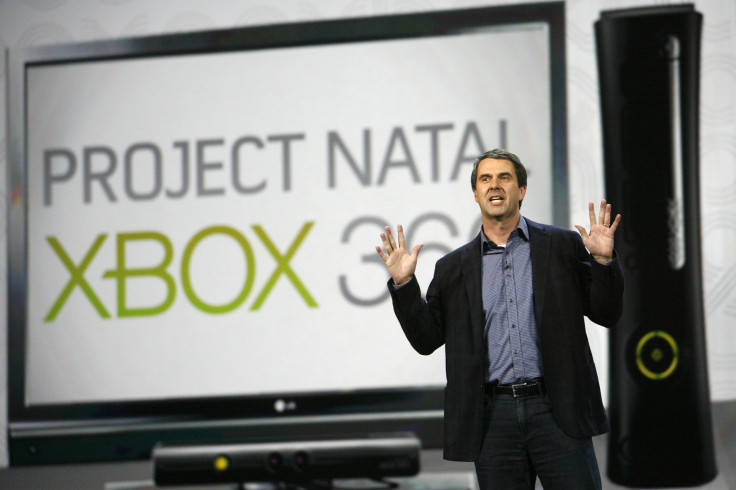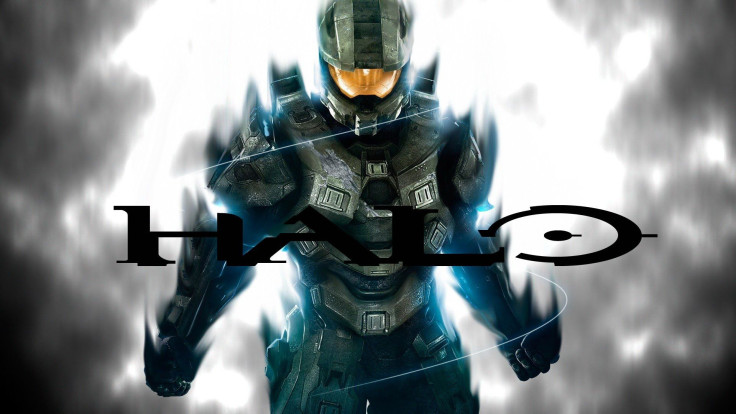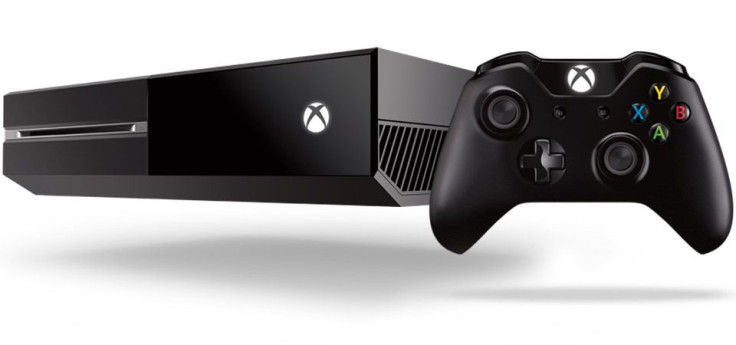Former Xbox Chief Robbie Bach On Why Early ‘Halo’ Looked Terrible, How Xbox Got Its Name, And What’s Hot For The 2015 Holiday Gaming Season

We're inching closer to that all-important time for the gaming business -- the holiday buying season -- when consumers decide whether they want an Xbox, a PlayStation, a Wii or a handheld console. Former Chief Xbox Officer Robbie Bach says one thing will determine the winner: the games.
Bach should know. He worked at Microsoft for 22 years, starting in 1988, and for 10 of those he led the Xbox division as a key behind-the-scenes exec overseeing the creation, development and launch of the Xbox and the Xbox 360.
The seasoned gaming veteran has now moved into the civic space, trying to help communities and companies fix their problems through the 3P framework, a Microsoft-built planning methodology that helps organizations define goals and objectives. Bach and his team came up with 3P during the development of the Xbox 360 to fix issues Microsoft faced when creating the original Xbox. The framework is outlined in his new book, “Xbox Revisited: A Game Plan for Corporate and Civic Renewal,” the proceeds of which go to charity.
International Business Times talked to Bach about the issues with the original Xbox launch, the problems faced with the Xbox 360, how Microsoft differentiates the Xbox from Sony’s PlayStation, and the importance of having a good relationship with video game publishers.

International Business Times: For those who might not know, can you explain where the name “Xbox” came from?
Robbie Bach: We wanted to base Xbox around DirectX, the application programming interfaces used to create games for Windows. When we started talking about doing a game console, there were two or three groups working on the concept. One group codenamed their project the Xbox because of DirectX, and ultimately we came back to it because we liked the original name.
IBT: Can you explain the 3Ps (Purpose, Principles and Priorities) briefly, and how they applied to Xbox specifically?
Bach: The original Xbox was successful in some respects, but the team wasn’t on the same page on what we were going to do and how we were going to do it. We used the 3Ps, a three-page document with a purpose statement, up to five principles and operating rules, then five priorities to make decisions and measure success. We brought this in between the Xbox and Xbox 360 as a way to bring the team together, like a bible of what we’re going to try to accomplish. We prioritized certain things over others because they were in the document.
IBT: Microsoft went head-to-head with Sony in the video game console business, creating this rivalry. What did it do to differentiate the Xbox from the PlayStation?
Bach: What I see the team doing is really smart; they’re focusing on a great game portfolio, “Halo,” “Forza.” In the end consoles do not sell themselves; games sell consoles. So the biggest thing is making sure you have the best games. The biggest differentiator for Xbox is Xbox Live, and how that creates a better experience. Xbox Live is the second in a one-two punch, games followed by an online service is important.

IBT: In the book you mentioned that during the launch of the original Xbox at E3 in 2001, “Halo” “looked terrible and was no fun to play.” What's changed since then?
Bach: We probably should not have shown “Halo” at E3. To be fair to the Bungie team [the developers of “Halo”], they were at a phase where everything hadn’t come together yet, and it was playing on a prototype product.
The second thing was that they stopped showing the game while it wasn’t ready and the team got focused on tuning the game. The Bungie team had its own magic for how to make things work, their products typically came together towards the end of the cycle -- some special things happened within the team to make the game come together. When we started showing it again, people were blown away -- what a difference three months can make. All the credit for that comes from the Bungie team.
IBT: What was that last six months before the original Xbox launch in 2001 like?
Bach: It was just a blur of activity. That first version of Xbox was like, “Come to the office, figure out which fire is burning the hottest and try to put it out.” It was not strategy-driven -- very hectic and chaotic. A well-run project always gets busy at the end, but it also has structure at the end. The original Xbox didn’t have structure at the end; it was a struggle to get to the launch.
IBT: It seems through Xbox Live that Microsoft anticipated how big online gaming and eSports was going to be. How did that come about?
Bach: The team that built Xbox Live, and I give J Allard [co-founder of Microsoft’s Entertainment & Devices Division] a lot of credit here; they really believed in the concept of gaming communities.
It’s easy to forget, in hindsight, but it was like Facebook. It was one of the first -- if not the first -- digital social networks. We thought it was a cool idea, and important, but I don’t think we would have said that it would be as important as it turned out to be -- it far exceeded our expectations.
The real challenge, as I recall, was just making sure the servers kept running. When we knew a big game was coming out, we did a lot of extra work to make sure people were prepared. Our up-time was fabulous, I can’t remember us having a big outage in the first three or four years, but when it’s running ahead of your plan, you’re thinking, “How do I prepare for what’s next?”
There’s a huge amount of work that just goes into running a service, a lot of detail around that that we didn’t understand at first and we had to learn, that was a new skill for Microsoft at that stage -- they weren’t running consumer services at that scale effectively at that point.
IBT: You define the three achievements of the original Xbox as the “Halo” franchise, Xbox Live and relationships with key partners like EA and Activision. Can you expound on that?
Bach: Having a great relationship with your publishing partners is really important; they decide whether to release it on your platform first or another platform first. We had better relationships with our partners than Sony and Nintendo did -- particularly in North America and Europe. With the Xbox 360, people started doing their games there first, and got comfortable on them.

IBT: How far off do you think the next generation of consoles is?
Bach: We’re still in the early days of this generation; I wouldn’t even hazard a guess in terms of timing. There’s certainly no urgency in terms of that, sales are strong, it’s the strongest console cycle in history. The development cycle is around five years, so people start to think of some of the basics pretty early.
IBT: Xbox is still catching up to PlayStation in terms of market share and consoles. Why do you think this is?
Bach: Sony got off to a faster start, and I think the momentum around both consoles is really good. This holiday is going to be important for both companies -- and that’s about the games. Microsoft has a good portfolio this fall, and that’s important.
IBT: How did gamification help with the development of Xbox?
Bach: We wanted to do a simulation to first see how our plan would compare to what we knew of Sony’s plan prior to the launch of Xbox 360. We came to two conclusions -- we added more memory to the product and we also decided to focus more on third-party publishers so we gave the third-party team more resources.
© Copyright IBTimes 2024. All rights reserved.





















